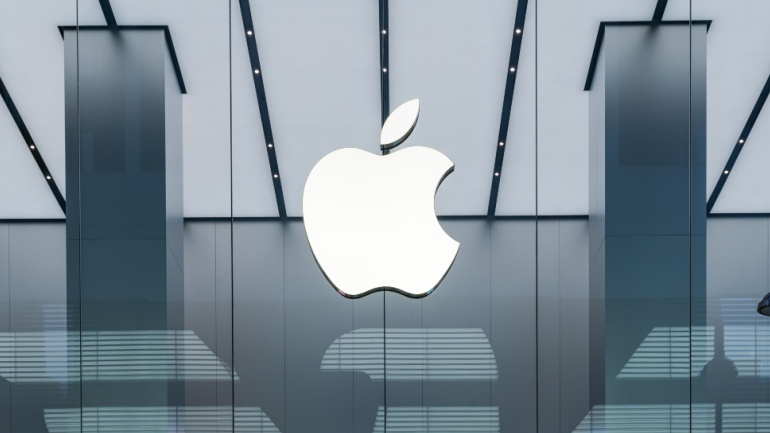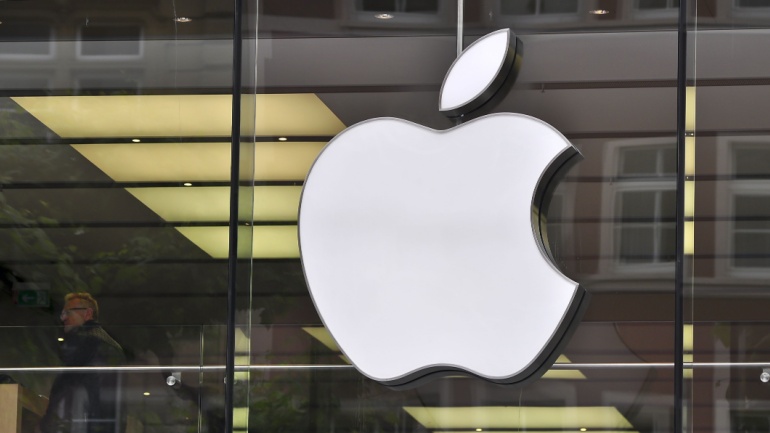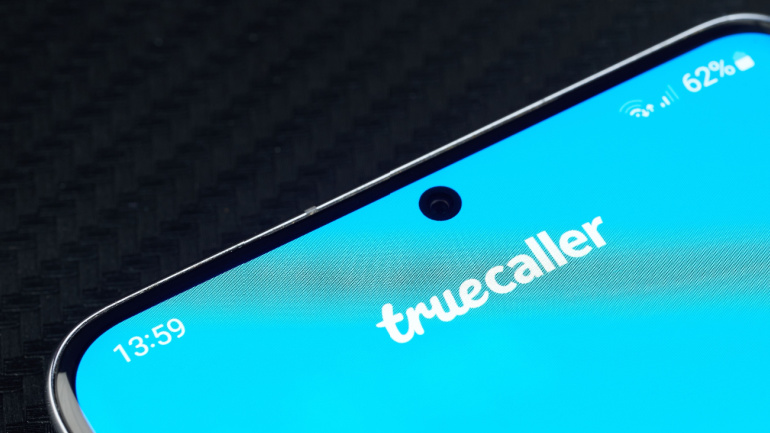In an unexpected move, Microsoft and Apple have withdrawn plans to join OpenAI’s board amidst growing scrutiny over AI ethics. This decision underscores the increasing responsibilities AI companies face. Both tech giants remain deeply invested in AI, opting to prioritize their strategic projects and respond to regulatory pressures.
Tech giant Apple has introduced its latest innovation, the Apple Intelligence system, designed to enhance AI capabilities across its operating systems. Unlike creating its own large language model (LLM), Apple Intelligence amalgamates on-device small language models with access to established LLMs, initially partnering with Chat GPT.
Apple is venturing into the realm of artificial intelligence (AI) processing chips for data centers, as reported by the Wall Street Journal. This move positions Apple in direct competition with industry peers like Google and Amazon, which have already heavily invested in AI chip technology.
Recent data reveals a promising resurgence in the global smartphone market, with Samsung and mass-market mobile phone brands spearheading the rebound while Apple faces challenges in keeping pace. According to Canalys, smartphone sales worldwide reached 296.2 million units in the first quarter of the year, marking a notable 10% increase compared to the previous year. This growth signifies the market’s first positive double-digit year-on-year figure since early 2021, reflecting better-than-expected performance.
Despite the much-anticipated launch of Apple’s Vision Pro, reports indicate a struggle in sales for the tech giant’s high-priced mixed reality headset. Noted Apple analyst Ming-Chi Kuo recently shared insights on Medium, revealing that Apple has slashed its shipment forecast for the pricey device.
According to Counterpoint’s Market Pulse Service, China’s overall smartphone sales saw a modest 1.5% year-on-year growth in Q1 2024, marking a second consecutive quarter of positive growth. Notably, Huawei experienced a remarkable 69.7% year-on-year increase in market share, solidifying its position in the market. This growth was attributed to Huawei’s successful launch of the 5G-capable Mate 60 series and its enduring brand reputation, particularly in the premium segment priced above $600. In contrast, Apple witnessed a 19.1% year-on-year decline in market share during the same period, partly due to Huawei’s gains in this segment.
In a significant move, the US government has initiated a comprehensive legal battle against Apple Inc., accusing the tech behemoth of monopolistic practices within the smartphone industry that purportedly suppress competition and inflate costs for consumers. The Department of Justice, in collaboration with 16 state and district attorneys general, has filed a civil antitrust lawsuit charging Apple with monopolization or attempts at monopolization of the smartphone market.
In a surprising turn of events, Apple, the tech powerhouse, has emerged victorious in the global smartphone market for 2023, surpassing its competitors in sales despite maintaining its position as the most expensive option. This revelation comes from IDC, the first analyst firm to release figures supporting Apple’s unprecedented success this year.
In a testament to its global popularity, Truecaller has secured a coveted spot in Apple’s prestigious list of Top Apps for 2023. The communication platform, traditionally dominant on Android, has surged in popularity since the launch of its revamped iOS version in 2022.
Magenta Telekom collaborates with Mavenir, deploying a Cloud-Native IMS solution for advanced voice services like VoLTE and VoWi-Fi, supporting 5G Voice and WebRTC. Snom introduces the C620 DECT conference phone, offering a cordless solution with HD audio quality, wireless microphones, and flexibility for varied environments. CallTrackingMetrics unveils LeadReactor for outbound calling and enhances Zoom integration, optimizing agent productivity. Apple surprises with plans for RCS support on iOS, aiming to improve interoperability between Android and iPhone users,













